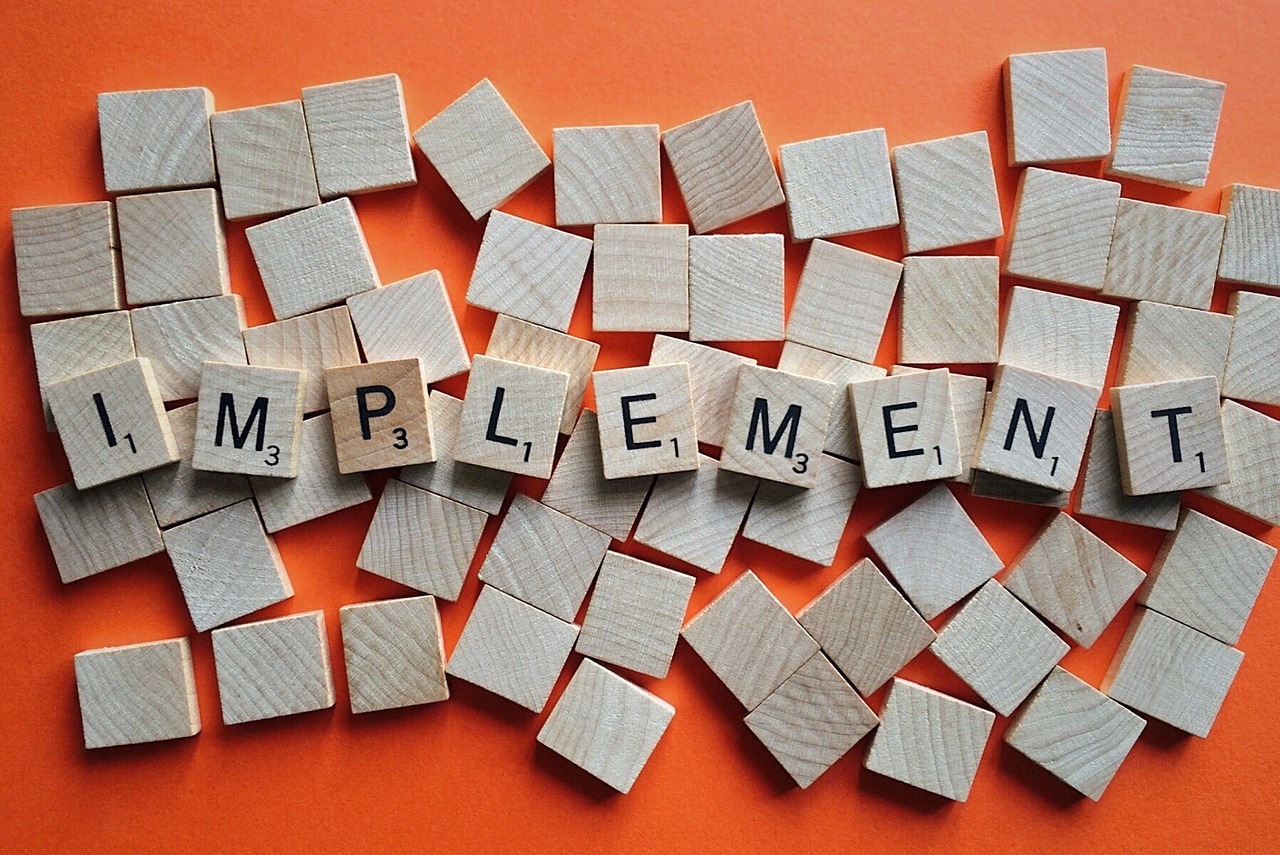When a loved one passes away, the process of distributing their assets to beneficiaries can often feel like navigating through a labyrinth of legal and financial complexities. From identifying and valuing assets to resolving potential disputes among heirs, the path to inheritance can be filled with twists and turns. In this article, we will explore the intricate process of asset distribution and shed light on the steps involved in ensuring that the wishes of the deceased are carried out smoothly and fairly. Join us as we unravel the secrets of estate administration and delve into the fascinating world of beneficiary distribution.
Understanding the Executor’s Role in Asset Distribution
When it comes to distributing assets to beneficiaries, the role of the executor is crucial in ensuring that this process is carried out efficiently and fairly. The executor is responsible for overseeing the distribution of assets as outlined in the deceased’s will, or according to state laws if there is no will present. This involves several key steps to ensure that the beneficiaries receive their rightful inheritance.
The process for asset distribution typically involves the following steps:
- Inventory of Assets: The executor must compile a comprehensive list of all the assets and liabilities of the deceased.
- Valuation of Assets: The executor will need to determine the value of each asset to ensure fair distribution among beneficiaries.
- Payment of Debts: Any outstanding debts and taxes must be settled before assets can be distributed to beneficiaries.
- Asset Distribution: Once debts are paid, the executor can distribute the remaining assets to beneficiaries according to the terms of the will or state laws.

Factors to Consider Before Distributing Assets to Beneficiaries
Before distributing assets to beneficiaries, there are several important factors that need to be carefully considered. One key factor is determining the value of the assets to be distributed. This involves conducting a thorough appraisal of all assets to ensure that each beneficiary receives their fair share.
Another factor to consider is the tax implications of distributing assets to beneficiaries. It is important to consult with a tax professional to understand the potential tax liabilities associated with the distribution of assets. Additionally, it is essential to consider any outstanding debts or obligations that may need to be settled before distributing assets to beneficiaries.

Navigating Complexities in Estate Planning and Asset Distribution
When it comes to distributing assets to beneficiaries, the process can often be complex and overwhelming. It involves several important steps that need to be carefully considered and executed. First and foremost, it is crucial to identify and inventory all assets that are part of the estate. This includes real estate, financial accounts, investments, personal belongings, and any other valuable items.
Next, it is important to determine how these assets will be distributed among the beneficiaries. This may involve creating a will or trust document that outlines the specific instructions for distribution. It is also essential to consider any debts or taxes that may need to be settled before assets can be distributed. Working with a knowledgeable estate planning attorney can help ensure that the process is carried out smoothly and in accordance with the law.

Implementing a Fair and Efficient Distribution Process
In order to ensure a fair and efficient distribution process for assets to beneficiaries, it is essential to follow a structured approach. One key step is to thoroughly review the will or trust document to understand the wishes of the deceased and the specific instructions regarding the distribution of assets. This will provide guidance on how to proceed and ensure that the process aligns with the deceased individual’s intentions.
Another important aspect is to identify and communicate with all beneficiaries involved in the distribution process. This may require reaching out to individuals directly or through legal representatives. By keeping all parties informed and involved, transparency is maintained throughout the process, and any concerns or questions can be addressed promptly. Additionally, creating a detailed inventory of assets and documenting the distribution process will help in tracking progress and ensuring that all assets are distributed appropriately.
In conclusion, distributing assets to beneficiaries involves a careful and organized process to ensure that the wishes of the deceased are carried out effectively. By following these steps and seeking the guidance of legal professionals, individuals can navigate this complex process with clarity and confidence. Remember, proper estate planning is essential to ease the burden on loved ones and ensure a smooth transition of assets to the rightful recipients. Thank you for reading and we hope this article has provided valuable insights into this important aspect of estate management.




